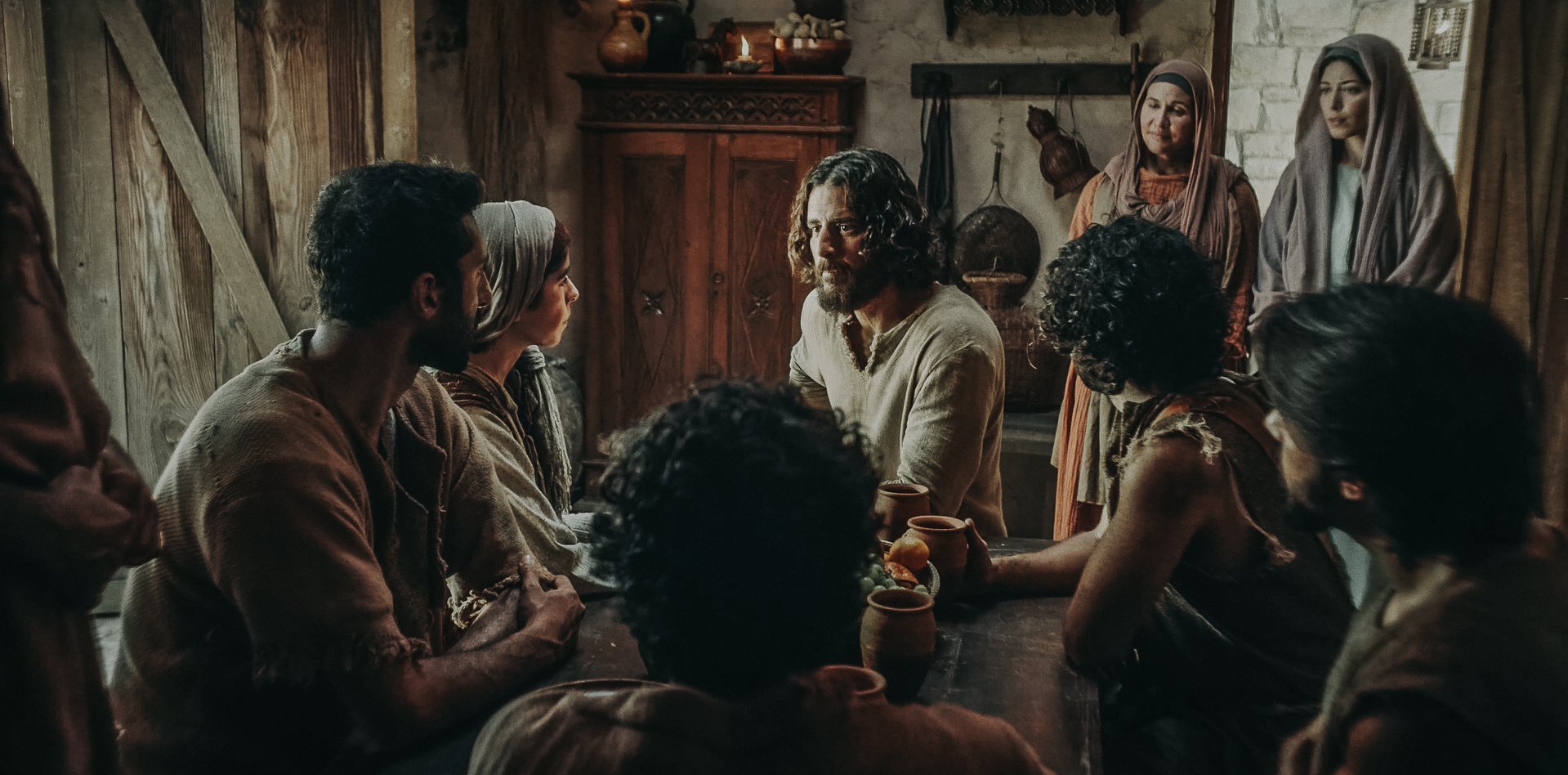This essay first appeared in our weekly newsletter on August 24, 2024.
From time to time, even if you’ve been reading, hearing and praying over the Gospels your whole life, a particular verse can surprise you.
A few years ago, on an eight-day retreat, I was praying with the story of the “Rich Young Man” (or “Rich Young Ruler”), in which the man goes away “sad” after Jesus invites him to give up what is preventing him from following Jesus—that is, his wealth. But in rereading the story, I saw that before he made that request, the Gospel says, “Jesus looking at him, loved him, and said…” (Mk. 10:21). I had never noticed the words, “loved him,” and they changed my whole understanding of that story.
Likewise, a few years ago, reading this Sunday’s Gospel, I stumbled across the line, “As a result of this, many of the disciples returned to their former way of life and no longer accompanied him.” To me, that seemed extraordinary. “Many” of his disciples left Jesus? How could that be?
Neal M. Flanagan, O.S.M.: “The passage as a whole certainly reflects also the crisis…of John’s own community, the difficulty involved in accepting Jesus as the sacramental bread of life.”
Now the reasons for this, as laid out in John’s Gospel, make sense. Jesus has just finished his “Bread of Life” discourse, in which he proclaimed not only that he is the “Bread of Life” but also, as he said in last Sunday’s Gospel, unless you “eat my flesh” and “drink my blood” you cannot have eternal life.
So it’s perhaps not surprising that “the Jews” (we must be exceedingly careful how that term is used in John’s Gospel, so I’m putting it in quotes) quarreled among themselves, and in this week’s reading even the disciples begin to “murmur.” They tell Jesus bluntly, “This saying is hard.”
As New Testament scholars remind us, when we read the Gospels we need to remember that the evangelists (in this case, John) were not only reporting what their communities knew about Jesus’s public ministry, but also reflecting on the situation in their own communities. (In John’s case, this was around 100 A.D.)
As Neal M. Flanagan, O.S.M., explains in The Collegeville Bible Commentary, “The passage as a whole certainly reflects also the crisis…of John’s own community, the difficulty involved in accepting Jesus as the sacramental bread of life.”
When things get tough, it helps to look backwards at what God has already done, to help us move forward.
But we also should remember what Jesus has already done in his public ministry, which the disciples had either seen or known about. Just think about it! By this point in John’s Gospel, Jesus has already turned water into wine at the Wedding Feast of Cana, healed the official’s son in Capernaum, healed the paralyzed man by the Pool of Bethesda in Jerusalem and, in just the previous chapter, fed 5,000 people with five loaves and two fish and walked on the Sea of Galilee. And the disciples still leave him!
It’s easy to understand why the disciples found this teaching “hard.” But on another level, they’re not sufficiently remembering what Jesus has already done. And it’s often like that in our lives. We tend to have short-term spiritual memories. When things get tough, then, it helps to look backwards at what God has already done, to help us move forward.




